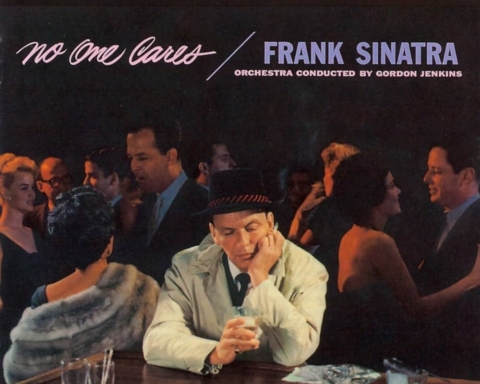Recently there has been some fuss over in Hollywood about the diversity, or lack thereof, in the Academy Awards.
This is the second year in a row that all 20 actors and actresses who were nominated for lead and supporting roles have been white. This has sparked great controversy within the black community, causing trends like #OscarsSoWhite and boycotts of the ceremony by actors like Will and Jada Smith and director Spike Lee.
There have also been articles from The Huffington Post and The Daily Beast that have plastered the Academy as being racist against blacks for refusing to honor them. In reality this controversy, if it’s even appropriate to call it that, is more the result of sensitivity gone out of control than actual evidence.
Let’s begin by recognizing that racism is the poor treatment of a person or group of people solely based on the color of their skin. If this accurately depicts the actions of the Academy, should we assume that the emergence of racial prejudice against blacks developed under the leadership of President Cheryl Boone Isaacs, a black woman? I have yet to see any substantial evidence to suggest that the people behind the Oscars nominations are actually racist. At this point, claims of racism are heavy-handed and therefore unfounded.
For me, the Oscars “issue” is a non-issue. The movies nominated this year touch on a myriad of social issues that are just as important as the race issue. There are movies which address homosexuality (“Carol”) and the transgender movement (“The Danish Girl”). Some of the movies touch on political issues like immigration (“Brooklyn”), the Catholic Church sex abuse scandal (“Spotlight”), and corporate misconduct on Wall Street (“The Big Short”). It’s interesting that opponents of the Oscars have failed to mention that “Straight Outta Compton,” a film depicting the culture of black urban communities, also received a nomination for best original screenplay.
I think it’s imperative, whenever making claims of systemic prejudice, to expand the sample size and look for a possible pattern to support the claim. I think the reason this has been avoided is because, if it were taken into consideration, the facts wouldn’t agree with the popular narrative of disproportionality.
If you look at the past 15 years you will find that 29 out of the 300 actor nominations were black. That’s about 10 percent of the nominations. According to a 2013 study by USC’s Annenberg School For Communication & Journalism, “Across 100 top-grossing films of 2012 […] 10.8 percent of speaking characters are Black.” It is also important to note that about 12 percent of the United States population is black.
What is it that critics want from the Academy in regards to the representation of blacks? The Oscars are almost perfectly representing blacks proportionately to the amount of black actors in Hollywood. Furthermore, the amount of black actors in Hollywood are also fairly proportionate to the population of blacks in the United States. It is a tragedy that our notions of equal representation of race have been warped into a call for unequal, overrepresentation. If we could only look a little further beyond our immediate emotional responses, we might be able to see the good in situations instead of the bad.
Tyler Grudi is a contributing writer to the Bona Venture.
His email is gruditj15@bonaventure.edu







